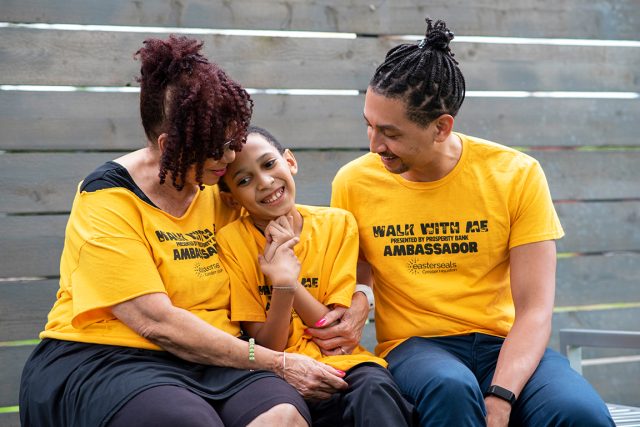How to Stop Stress Problems from Becoming Stress Illnesses
A neurologist said to me, “You’re burning your candle at both ends, and you need to understand that sometimes due to the stress of caregiving, the caregiver dies before the person that they are caring for.” That was such a wake-up call.
– Emma Heming Willis, wife of actor and dementia patient Bruce Willis
This post is dedicated to National Family Caregivers Month. Family caregivers are at high risk for stress illnesses (physical health conditions that develop from prolonged stress).
- They face extra pressure in daily life.
- They frequently neglect their own self-care (doctor visits, exercise, healthy eating, rest) while spending all their time, money, and energy on caregiving.
- Their loved one’s needs often seem endless, which leads to resentment, which leads to guilt, which leads to worse stress.
Is It Becoming Too Much?
Sadly, more caregivers than not will “power through” their challenges until the situation reaches crisis level. Crises are better averted than survived; and it may be time to head off a potential health crisis if you’re a caregiver and:
- Are neglecting familiar routines and favorite activities.
- Are bothered by “brain fog” symptoms.
- Find yourself irritable and “on edge.”
- Feel emotionally numb.
- Are experiencing new aches and pains, digestive problems, sleep difficulties, or frequent minor illness for no obvious reason.
- Are tempted to soothe yourself with alcohol, comfort food, excessive screen time, or other easily-overdone habits.
If you’re like most stressed-out caregivers, you’re probably thinking now, “Sure, but what can I do about it? My loved one needs me, and I can’t just walk away from them to spend time on myself.”
In that situation, there are two vital truths to realize:
First, although it may feel “selfish” to “neglect” your loved one, it’s anything but. If you get seriously ill, you won’t be able to care for them anyway. And even if you keep going, stress makes people irritable, careless, and hard to live with—which isn’t a healthy atmosphere for anyone nearby, especially someone who already has special needs.
So do something about your stress, if not for your own sake, for the sake of the person you’re caring for.
Don’t Go It Alone
“I thought I was the only one who could care for Bruce. I didn’t want to be a burden to anyone. What I realized was that it was okay to ask for help.”
– Emma Heming Willis
The second truth of healthy caregiving is that no one can do it alone. Never be afraid to ask a relative, good friend, or reliable acquaintance to help out.
And if you still need help, ESGH has options for our clients and community:
- Financial and Homebuyer Educationhelps families discover new, affordable possibilities for medical care, assistive technology, and even accessible housing.
- LEAD Adult Day Programsprovide regular social and learning activities for disabled adults, which also clears “me time” for their caregivers.
- Respite Serviceshelp families arrange and pay for in-home care providers of their choosing. Over 2,000 families participated last year.
“One of our most precious caregivers was able to use her respite hours to have a necessary surgery that she had put off for years. She had never left her son for any length of time, but with the support of Easter Seals, she was able to take the time for her surgery and recovery, knowing her son was being well taken care of.”
– ESGH Respite Program
We can also help you find counseling for guilt and anxiety issues. Don’t put off dealing with your stress. Again, taking better care of yourself will make you a better family caregiver—and everyone in your household will benefit.
- Katherine Swarts, BridgingApps, Digital Content Writer, Easter Seals Greater Houston

